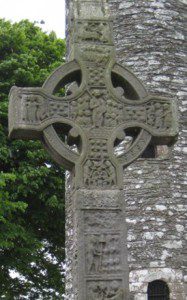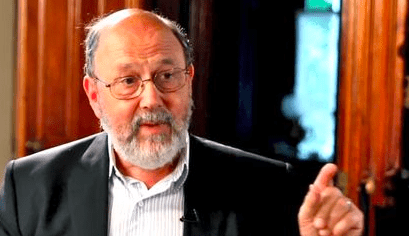 Matthew Levering, a Catholic theologian at Dayton University, examines Christian eschatology in the Catholic tradition but first asks if that theology is biblical (Jesus and the Demise of Death: Resurrection, Afterlife, and the Fate of the Christian, Baylor, 2012). What we also are treated to in this clear and versatile academic book is direct engagement with Tom Wright’s approach to eschatology, especially in his The Resurrection of the Son of God and Surprised by Hope.
Matthew Levering, a Catholic theologian at Dayton University, examines Christian eschatology in the Catholic tradition but first asks if that theology is biblical (Jesus and the Demise of Death: Resurrection, Afterlife, and the Fate of the Christian, Baylor, 2012). What we also are treated to in this clear and versatile academic book is direct engagement with Tom Wright’s approach to eschatology, especially in his The Resurrection of the Son of God and Surprised by Hope.
In a sentence, the problem can be put this way: Catholic theology is too Platonic to be biblical or Jewish. This is what Levering will put to the test, but first he wants to know if major doctrines are biblical. Is Scripture, to use the words of the Pope, the “soul of theology” or not?
Questions today: Is Catholic eschatology too Platonic? (How so?) And does the pushback against Platonism in Christian eschatology lead too often to an eschatology that is too horizontal and not vertical enough? Or, is the recent trend in scholars like N.T. Wright not Platonic enough?
Is the descent into hell biblical? It is clearly important to the Creed and in Catholic theology. Is the resurrection of Jesus the result of faith or did Jesus’ body come back to life in history? How biblically justifiable is this, but this entails a question for many about how historical it is?
The ascent into heaven — again, the Catechism is clear but what does Scripture say? Levering looks as well into the “doctrine of merit,” which in Catholic theology is clearly taught but which derives from the saving graces of the Spirit in the life of the Christian, but how biblical is it? Then he looks at the “soul” — and here he enters into a thicket of issues: how biblical is the Catholic conviction about the body-soul relation? We are talking here about the “spiritual soul.” The Catechism draws on Aristotle, the 14th Century Council of Vienna, the 16th Century 5th Lateran Council … that the soul is immortal. But is it taught in the Bible? And this leads to the Catholic emphasis on the beatific vision, which is shaped through and through by the immortality of the soul — and Levering knows that in part this theory comes out of Plato. “If one finds Plato here at the pinnacle of the Church’s eschatology, it can easily come to seem that Plato is the driving force behind the whole of the Church’s eschatology” (7).
Thus, “The Church too can seem less an eschatological community and more a community shaped by Platonic care of the soul through interactions with the souls of the saints” (7).
N.T. Wright is otherwise: Levering will examine whether Wright’s theses about eschatology are too horizontal and not vertical enough. Wright’s got company in his pushback against Platonism: Levering mentions Oscar Cullmann, Martin Heidegger, Tertullian, Moltmann, Hans Urs von Balthasar, as well as Barth, Rahner and Bulgakov. Ratzinger, however, at one time pushed back against Platonism but found it compelling eventually; Levering finds company for Benedict XVI in Jaroslav Pelikan, Martin Hengel, Richard Bauckham and Ben Witherington III.
But he will especially find help in Thomas Aquinas.











